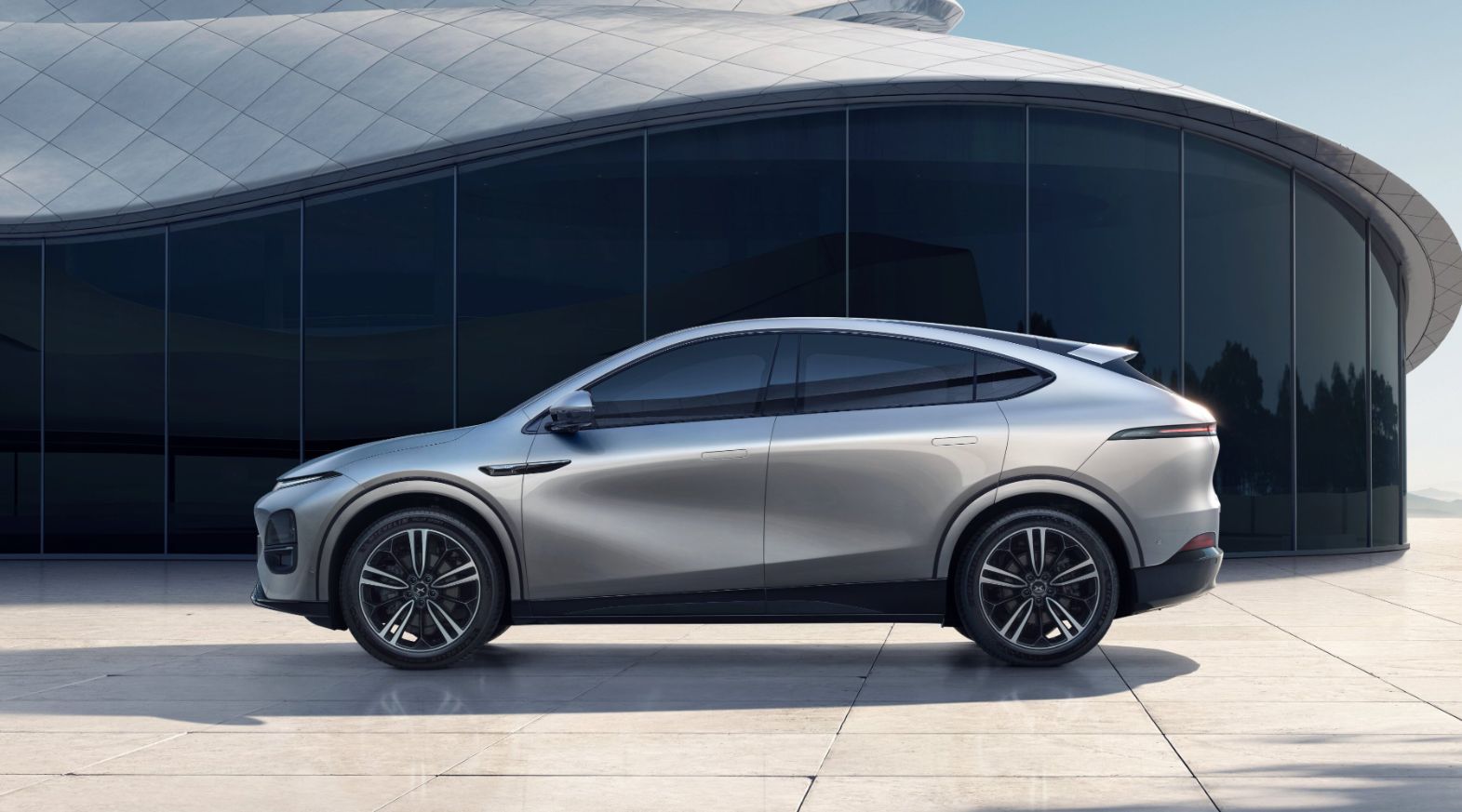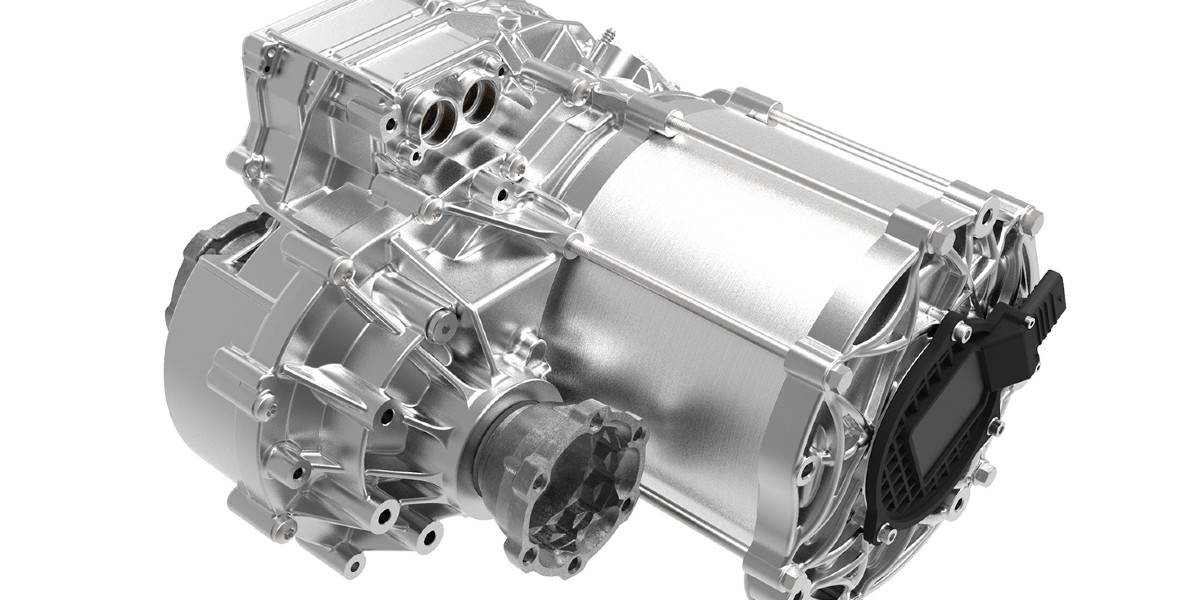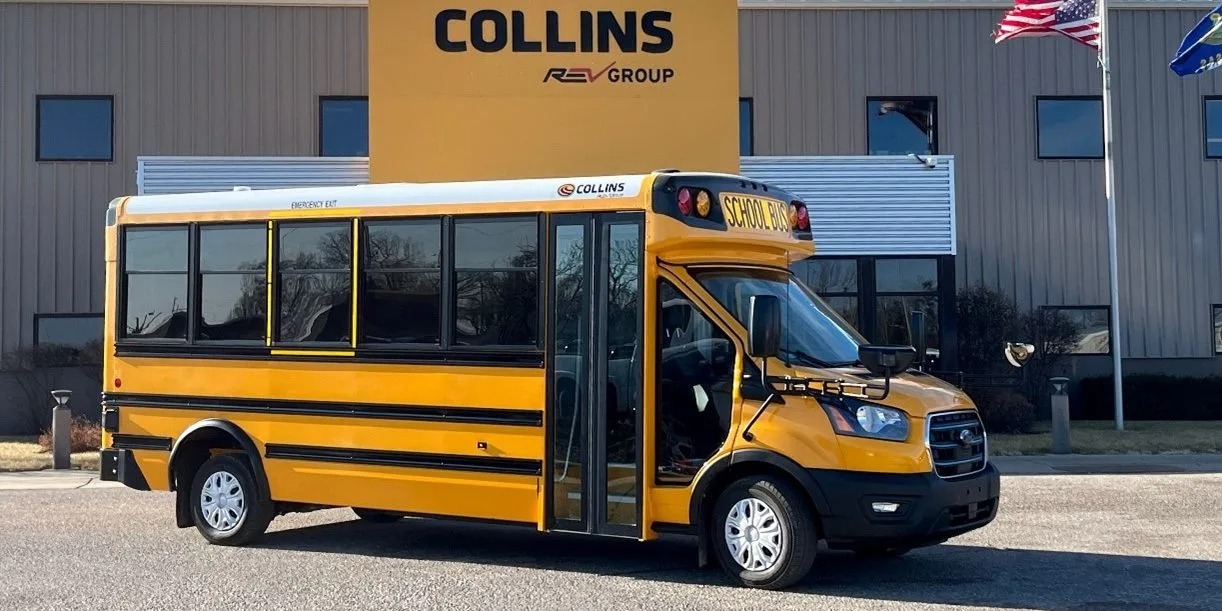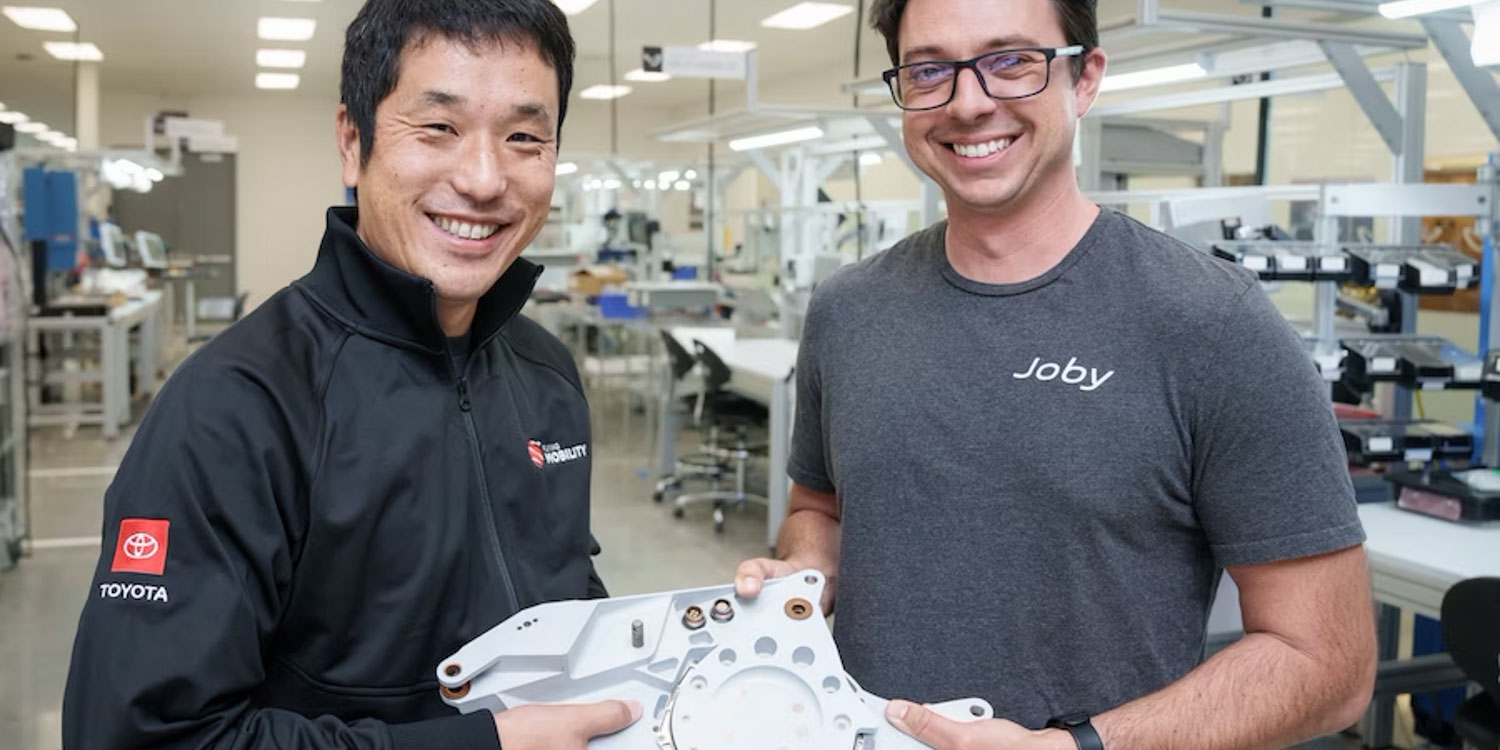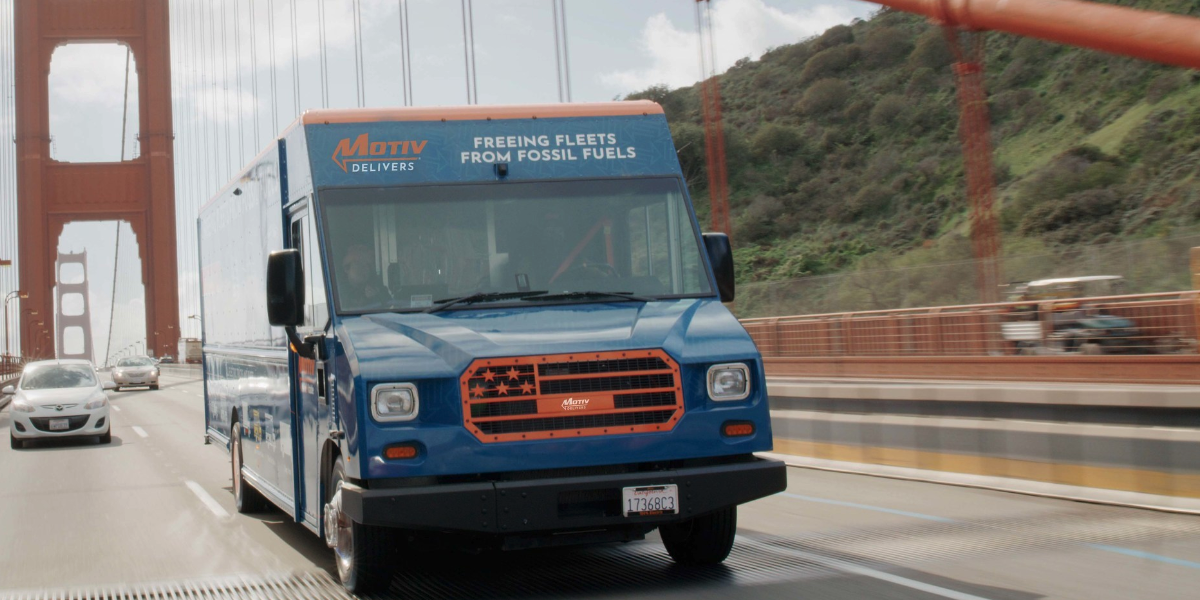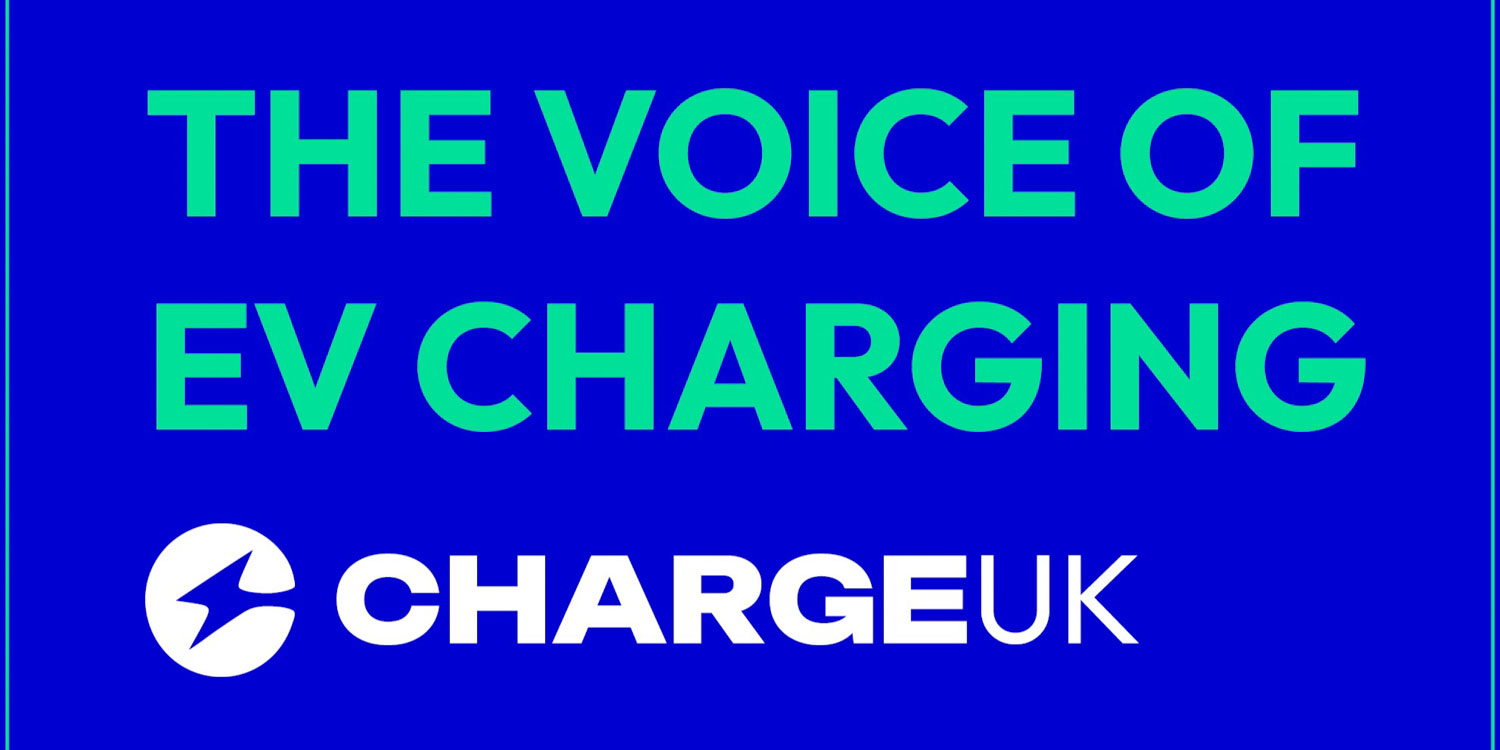The global automotive industry is set to witness a significant consolidation in the next decade, with only 10 companies remaining, according to a Chinese competitor of Elon Musk’s Tesla. Brian Gu, the vice-chair of Xpeng, headquartered in Guangzhou, stated that Chinese companies aiming to survive must achieve annual sales of at least 3 million vehicles, supported by global exports. In 2022, Toyota, the world’s largest carmaker, sold 10.5 million cars, while Tesla sold 1.3 million.
This warning comes at a crucial moment for the global automotive sector. China is poised to surpass Japan as the world’s leading car exporter by volume, having already overtaken Germany last year. Simultaneously, the combination of sluggish growth and an intense price war is pushing low-cost car manufacturers in China, the world’s largest car market, to the brink of collapse.
See also: Chinese Tesla rival Xpeng desires to promote half of its automobiles abroad
“To be part of the ‘3 million club,’ it is imperative to be a global player rather than restricted to the Chinese market alone. We believe that in this scenario, nearly half of the sales volume should come from outside of China,” stated Gu in an interview with the Financial Times. He further predicted that the market would witness a significant consolidation within five to ten years, reducing the number of players to less than 10 at the global level.
Xpeng, established in 2014, and having raised $1.5 billion in its 2020 initial public offering in New York, has encountered fierce competition within China. During the first quarter of this year, the company ranked 12th in terms of sales among electric vehicle manufacturers in China. Following Tesla’s price reduction, Xpeng experienced a nearly 50% decline in first-quarter sales, forcing them to lower prices by up to 13% on three of its four models in January.
Gu, a former managing director and chair in Asia at JPMorgan, acknowledged the challenging sales slump but attributed it to the timing of new model launches. However, he expressed confidence in the market stabilizing during the second half of the year, stating, “This year, we face a highly competitive landscape. The pressure of price-cutting not only intensifies competition but also creates hesitancy among consumers.”
Gu also acknowledged the complexities arising from deteriorating US-China relations, which pose challenges to Xpeng’s overseas expansion plans. While Xpeng, backed by Alibaba and heavily invested in autonomous driving, aims for growth in Europe this year, it does not have immediate plans to sell cars in the United States. Gu noted that entering the US market may currently be difficult, requiring thorough study and a strategic approach.
See also: Volkswagen to Focus on EV Development, Will Not Produce Hydrogen Cars in Next Decade
Despite the obstacles, Gu emphasized that the company sees ample growth opportunities beyond China. Like other Chinese electric car manufacturers, Xpeng relies on partnerships with US chip designers such as Nvidia and Qualcomm for advanced semiconductors. Concerns have been raised regarding Chinese carmakers’ vulnerability as the US government expands restrictions on China’s access to cutting-edge US chip technology. However, Gu assured that none of their partnerships have been affected thus far by the political developments, adding that if restrictions did start to impact the company, the Chinese industry as a whole would seek a solution.
On the domestic front, Xpeng has faced its share of challenges. Last September, customers voiced complaints about the carmaker’s “confusing” models, leading to the renaming of its luxury sport utility vehicle within 48 hours of its launch. Shortly after the naming controversy, Xpeng initiated a restructuring process, appointing Wang Fengying, a former chief executive at Great Wall Motor, as co-president. Wang’s expertise helped Great Wall Motor become the first Chinese group to export locally manufactured cars.

